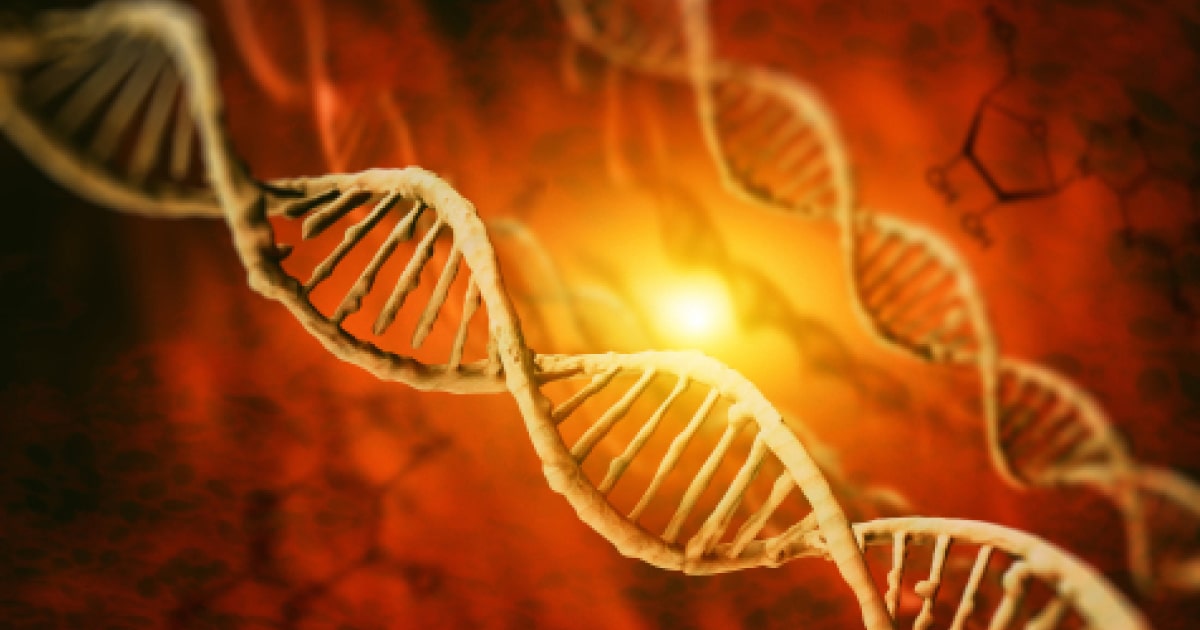
Expert Reviewed By: Dr. Brandon Colby MD
In the realm of rare genetic disorders, Hypermethioninemia with deficiency of S-adenosylhomocysteine hydrolase stands out due to its complex metabolic implications. This condition, characterized by elevated methionine levels and a deficiency in the enzyme S-adenosylhomocysteine hydrolase, can lead to a cascade of health issues including neurodevelopmental delays and liver dysfunction. As our understanding of genetics advances, the role of genetic testing in diagnosing and managing such conditions becomes increasingly pivotal.
Understanding Hypermethioninemia with Deficiency of S-adenosylhomocysteine Hydrolase
Hypermethioninemia is a metabolic disorder where there is an elevated level of methionine, an essential amino acid, in the blood. This condition arises due to a deficiency in the enzyme S-adenosylhomocysteine hydrolase, which plays a critical role in methionine metabolism. The deficiency leads to the accumulation of methionine and its byproducts, which can adversely affect the liver and neurological development.
Symptoms of this disorder can vary but often include developmental delays, liver dysfunction, and in some cases, neurological impairments. Early diagnosis and intervention are crucial in managing symptoms and improving quality of life.
The Promise of Genetic Testing
Genetic testing has emerged as a transformative tool in the diagnosis and management of rare genetic disorders. For conditions like hypermethioninemia, where symptoms can be non-specific and overlap with other disorders, genetic testing offers a precise method to identify the underlying genetic mutations.
Early Diagnosis and Intervention
One of the primary benefits of genetic testing in the context of hypermethioninemia is the ability to achieve an early and accurate diagnosis. By identifying the specific genetic mutations responsible for the enzyme deficiency, healthcare providers can tailor interventions to the individual's needs. Early diagnosis allows for timely dietary modifications, such as a methionine-restricted diet, which has been shown to improve symptoms significantly, as evidenced by the case of a 3-year-old girl with adenosine kinase deficiency.
Personalized Treatment Plans
Genetic testing not only aids in diagnosis but also plays a crucial role in developing personalized treatment plans. Understanding the genetic basis of hypermethioninemia allows for the customization of dietary and medical interventions, optimizing outcomes for patients. For instance, a methionine-restricted diet can be implemented to manage elevated methionine levels effectively, preventing further complications.
Family Planning and Genetic Counseling
For families affected by hypermethioninemia, genetic testing provides valuable information for family planning and genetic counseling. By identifying carriers of the genetic mutations, families can make informed decisions about future pregnancies and understand the risks of passing the condition on to offspring. Genetic counseling can also offer support and guidance, helping families navigate the complexities of living with a rare genetic disorder.
Advancing Research and Treatment Options
The insights gained from genetic testing contribute to the broader scientific understanding of hypermethioninemia and similar metabolic disorders. By identifying genetic patterns and mutations, researchers can explore new treatment avenues and potentially develop targeted therapies. This ongoing research is crucial for improving the management of rare genetic conditions and enhancing patient outcomes.
Conclusion
Hypermethioninemia with deficiency of S-adenosylhomocysteine hydrolase presents significant challenges, but the advent of genetic testing offers a beacon of hope. Through early diagnosis, personalized treatment plans, and informed family planning, genetic testing empowers patients and families to manage the condition more effectively. As research continues to evolve, the role of genetic testing in diagnosing and treating rare genetic disorders will only become more integral, paving the way for improved patient care and outcomes.
For more detailed insights into the role of genetic testing in managing rare genetic disorders, you can refer to the study available here.
About The Expert Reviewer
Dr. Brandon Colby MD is a US physician specializing in the personalized prevention of disease through the use of genomic technologies. He’s an expert in genetic testing, genetic analysis, and precision medicine. Dr. Colby is also the Founder of and the author of Outsmart Your Genes.
Dr. Colby holds an MD from the Mount Sinai School of Medicine, an MBA from Stanford University’s Graduate School of Business, and a degree in Genetics with Honors from the University of Michigan. He is an Affiliate Specialist of the American College of Medical Genetics and Genomics (ACMG), an Associate of the American College of Preventive Medicine (ACPM), and a member of the National Society of Genetic Counselors (NSGC)